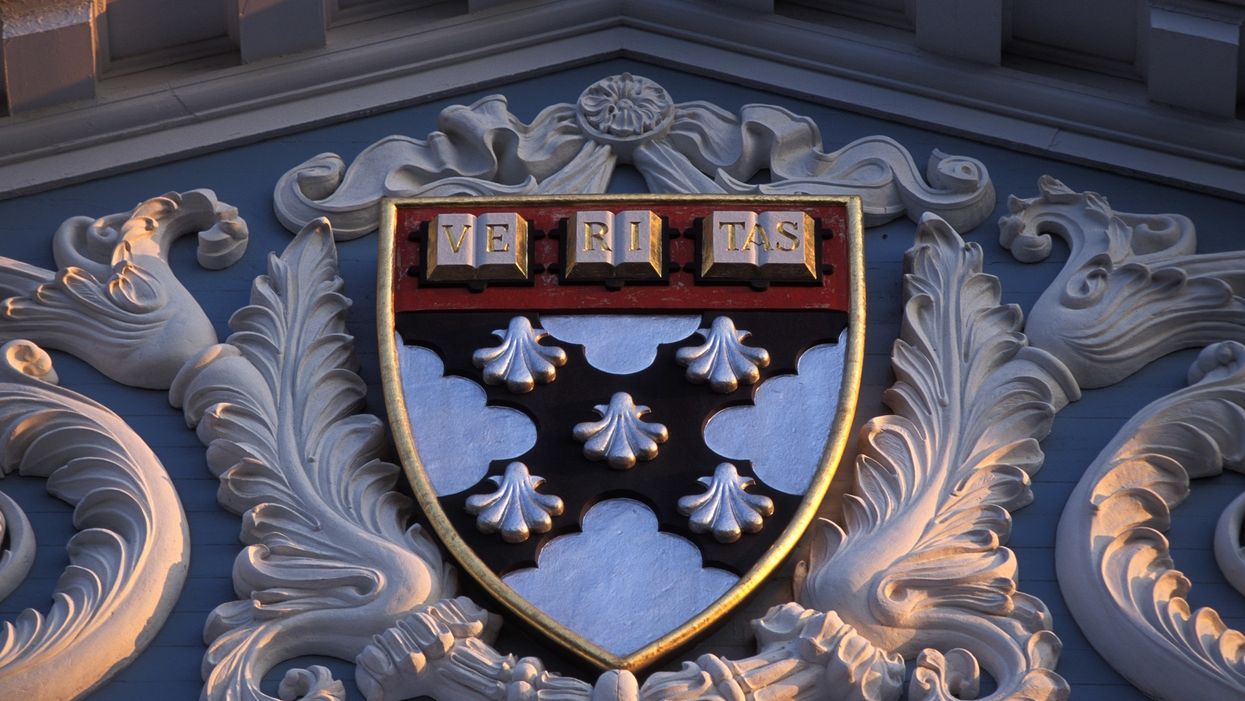
Brooks Kraft LLC/Corbis via Getty Images

The case could end up at the Supreme Court
A federal judge ruled this week that Harvard University's consideration of an applicant's race during the admissions process does not discriminate against Asian-Americans, in a case that experts speculate could end up at the Supreme Court.
Harvard's application process is being challenged by advocacy group Students for Fair Admissions, who has claimed for years that the school unfairly penalizes applicants of Asian descent.
SFFA based the foundation of its case on a 2013 internal study conducted by Harvard itself, which showed that if applicants were assessed based on academic records alone, 43 percent of the admitted class would be made up of Asian-American students — but other factors cut the percentage of Asian-American students to 19 percent.
A year ago, the Trump administration jumped on board to back the plaintiffs in the case, arguing in court filings that the evidence shows Harvard's use of a subjective "personal rating" allows applicants of white, black, and Hispanic descent a greater advantage in gaining acceptance than Asian-Americans.
On Monday, U.S. District Judge Allison Burroughs sided with Harvard, writing in her decision that although the school's admissions process is "not perfect," there is "no evidence of any racial animus whatsoever," the Associated Press reported.
Edward Blum, president of SFFA issued a statement following the court's decision, saying, "Students for Fair Admissions is disappointed that the court has upheld Harvard's discriminatory admissions policies. We believe that the documents, emails, data analysis and depositions SFFA presented at trial compellingly revealed Harvard's systematic discrimination against Asian-American applicants."